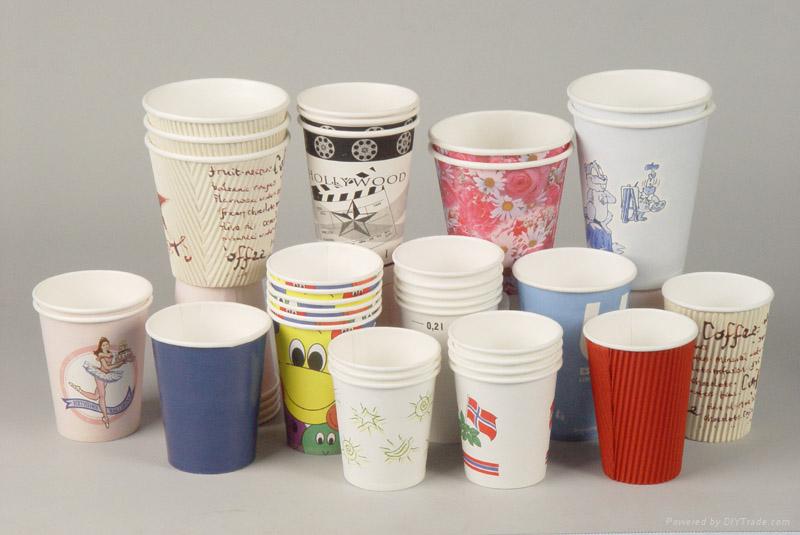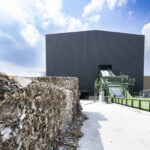Rajasthan HC was recently hearing a petition by manufacturers who said Union environment ministry’s 2021 notification banning single-use plastics didn’t include laminated paper cups.
Taking serious note of the environmental degradation caused by single-use plastic products, the Rajasthan High Court Friday upheld the state’s ban on laminated paper cups, which are 95 per cent paper and 5 per cent plastic.
A single-judge bench of Justice Samir Jain was hearing a writ petition by a group of manufacturers challenging a notice issued by the Rajasthan State Pollution Control Board (RSPCB). The RSPCB had ordered the closure of industries manufacturing laminated paper cups as part of the ban on single-use plastics.
In August 2021, the Union Ministry of Environment, Forest, and Climate Change had issued a notification under the Plastic Waste Management Rules of 2016 that prohibited the manufacture, import, stocking, distribution, sale and use of identified single-use plastic items with effect from 1 July, 2022. Following this, the RSPCB issued a set of notices in April and July 2022 for the intended closure of the petitioners’ firms.
Single-use plastics are made primarily from fossil fuel–based chemicals (petrochemicals) and are meant to be disposed of right after use. The list of banned items under the 2021 notification includes ear buds with plastic sticks, plastic sticks for balloons, plastic flags, candy sticks, ice-cream sticks, polystyrene (Thermocol) for decoration, plastic plates, cups, glasses, cutlery or PVC banners less than 100 micron and stirrers, among others.
The manufacturers, however, approached the Rajasthan High Court contending that laminated paper cups weren’t banned under the 2021 notification. According to them, the notification only prohibited 19 specific products and did not impose a blanket ban on the use of all single-use plastics.
The petitioners also contended that the state board couldn’t enforce such a ban since it would constitute a restriction on several fundamental rights conferred by the Constitution — Article 19 (1) (g) (right to freedom and occupation]), Article 21 (right to life), and Article 14 (right to equality).
Meanwhile, advocates Sandeep Pathak and Shashwat Purohit, appearing for the RSPCB, raised objections about the maintainability and merits of the dispute.
The lawyers told the court that plastic cups had been included in the list of banned items from inception, and the case of laminated cups was considered by a National Task Force constituted for this purpose in June 2022.
“After due deliberations, it was clarified by the National Task Force that as per the ban/prohibition on single-use plastic commodities, there was no exemption carved out for paper cups with plastic coating/laminated paper cups,” the lawyers submitted, arguing that such laminated cups had been banned by the original notification itself.
It was only in compliance with the prohibition notification and the National Task Force meeting that the state board had ordered the closure of industries manufacturing laminated paper cups, they added.
After hearing the arguments, the high court dismissed the writ petitions, holding that such paper cups are indeed prohibited, and directed the state government to implement the notification banning single-use plastics.
“As a result, the product manufactured by the petitioner-firm i.e. ‘plastic laminated/coated papers’ would be covered under the ambit of the subject notification…”, the court said.
‘Part of prohibition, no exception’
According to the petitioners, laminated paper cups did not constitute a part of banned material as they are at best a “multi-layered” commodity.
“The products comprised 95 per cent paper and 5 per cent of a thin layer of low-density polyethylene (LDPE), where the LDPE layer is used just to add a seal on the product and provide water resistance,” the petition claimed.
Calling the actions of the state board an “over-reach”, the petition also contended that, “If the subject notification issued by respondent no.3 did intend to prohibit the manufacture, usage, sale etc., of the plastic laminated paper, then it would have explicitly added the same to the list provided under the said notification for banned products,” they said.
However, during the hearing Friday, Justice Jain considered the composition of the product and said it was difficult to accept that the product being produced was not actually plastic.
The court said since the plastic — which contains LDPE (low-density polyethylene) — manufactured by the petitioners refers to a material that cannot be used multiple times, it constitutes a “single-use plastic” for the purposes of the prohibition.
In their argument, the lawyers representing the RSPCB also said: “At the time of production, the petitioners were in complete knowledge of the fact that they are used for the production of laminated cups, which are ‘single-use plastics’.”
“Thus, relying upon the aforesaid, it can be conclusively said that the product manufactured by the petitioners are not different from the items which have been prohibited/banned…”, the court said, noting that interpretation must be done in a manner that furthers the purpose of the legislation that prohibits the use of plastic.
Justice Jain also noted that the RSPCB acted within its powers while issuing closure notices to the petitioners. He also gave a clean chit to the state on the claims of violation of fundamental rights saying that the ban on single-use plastics was a “reasonable restriction”.
The high court further directed the government to ensure the environment is clean as much as possible and remains “plastic-free”.




